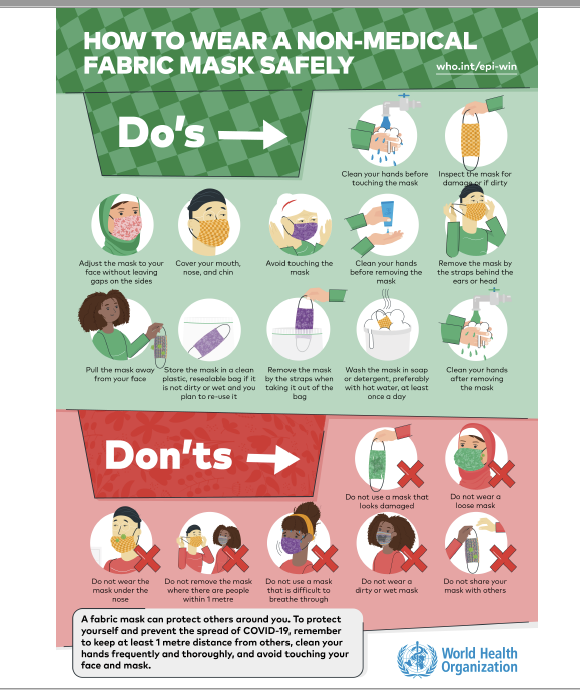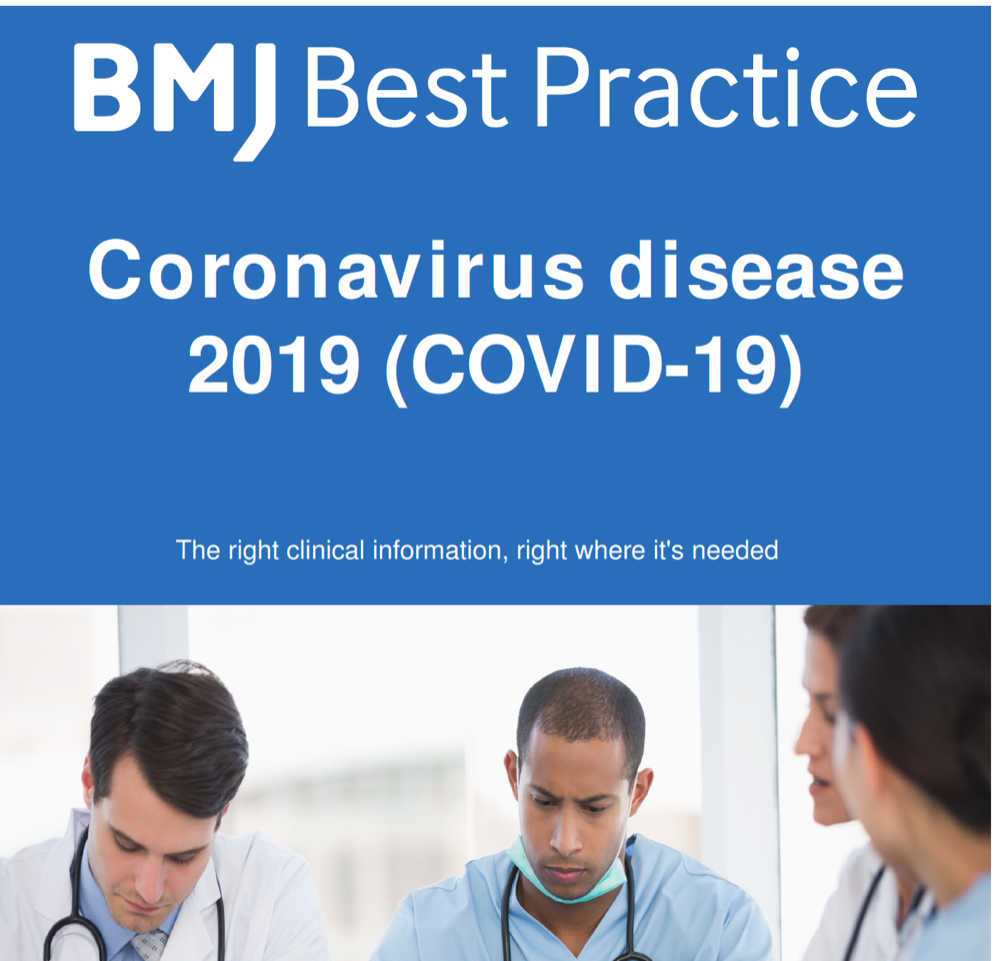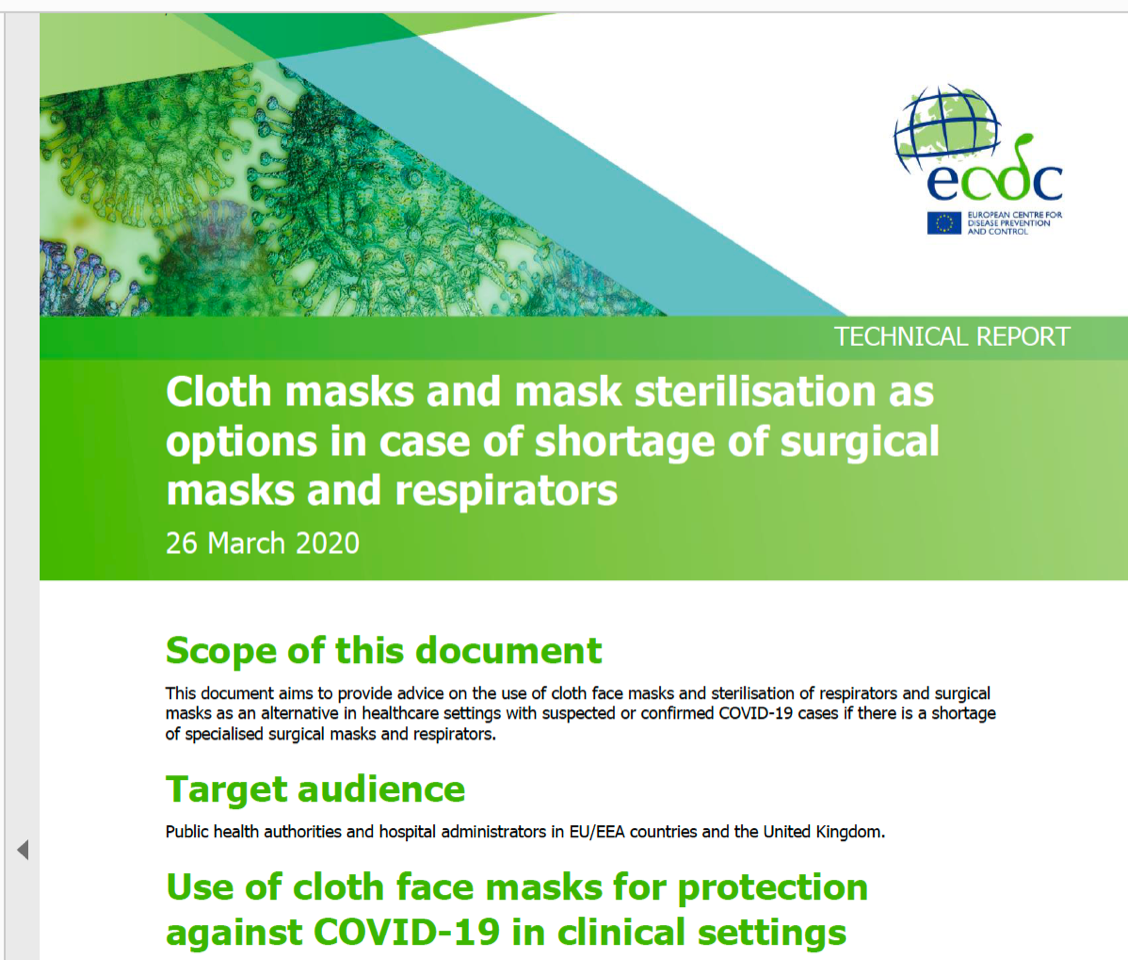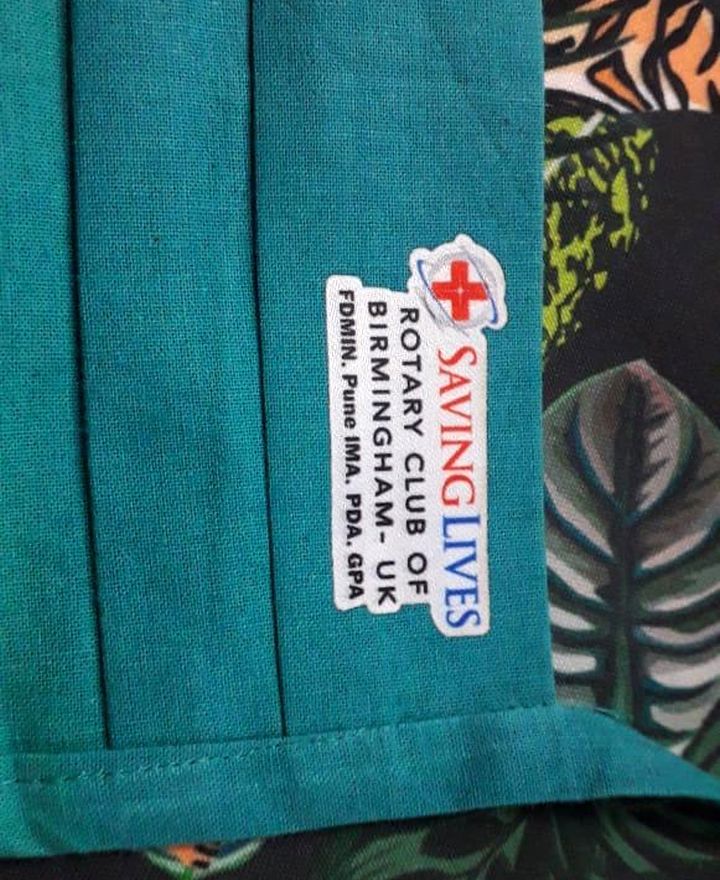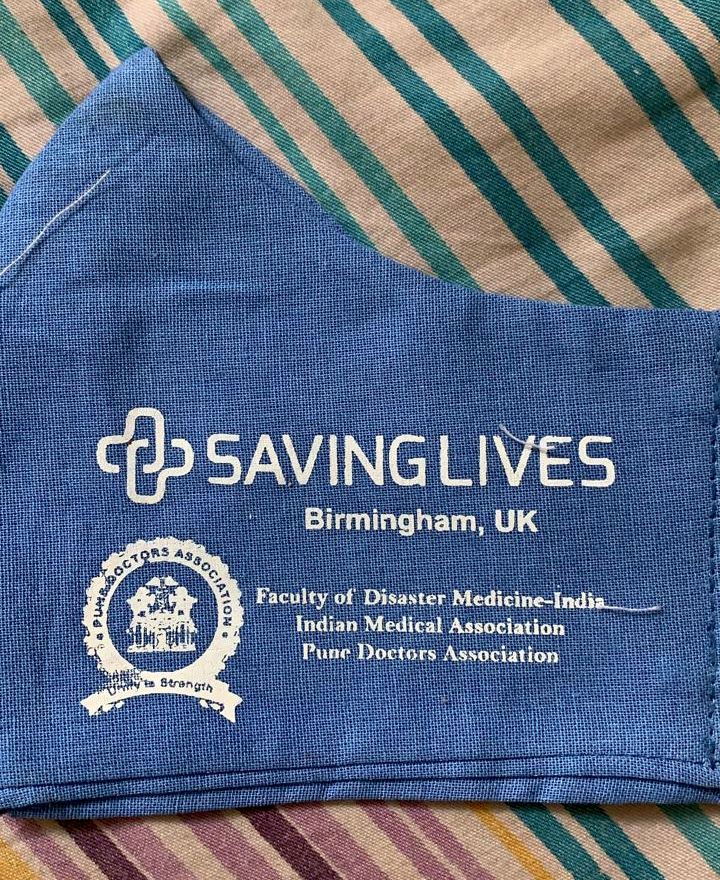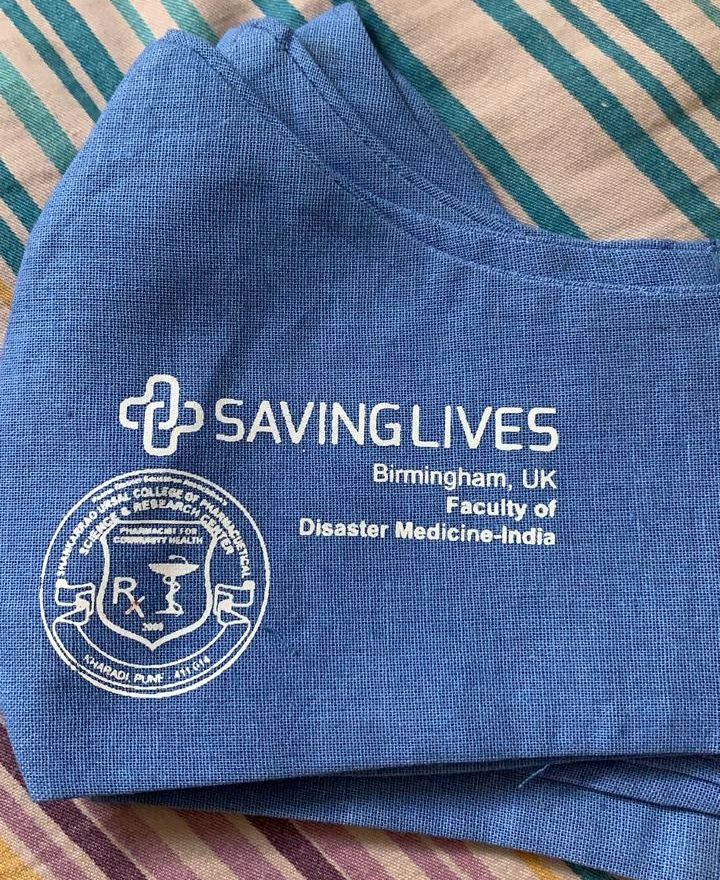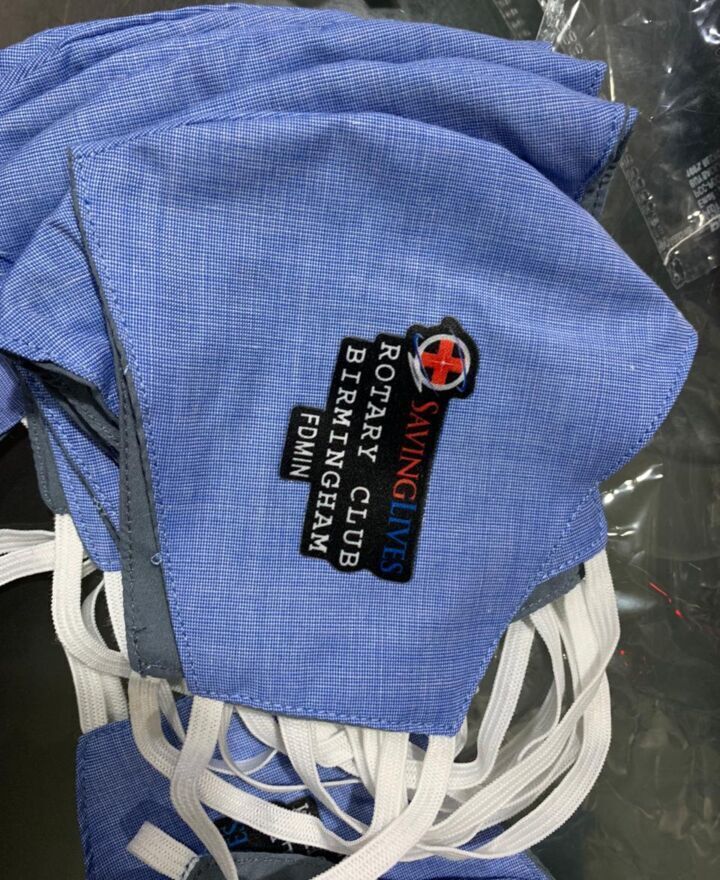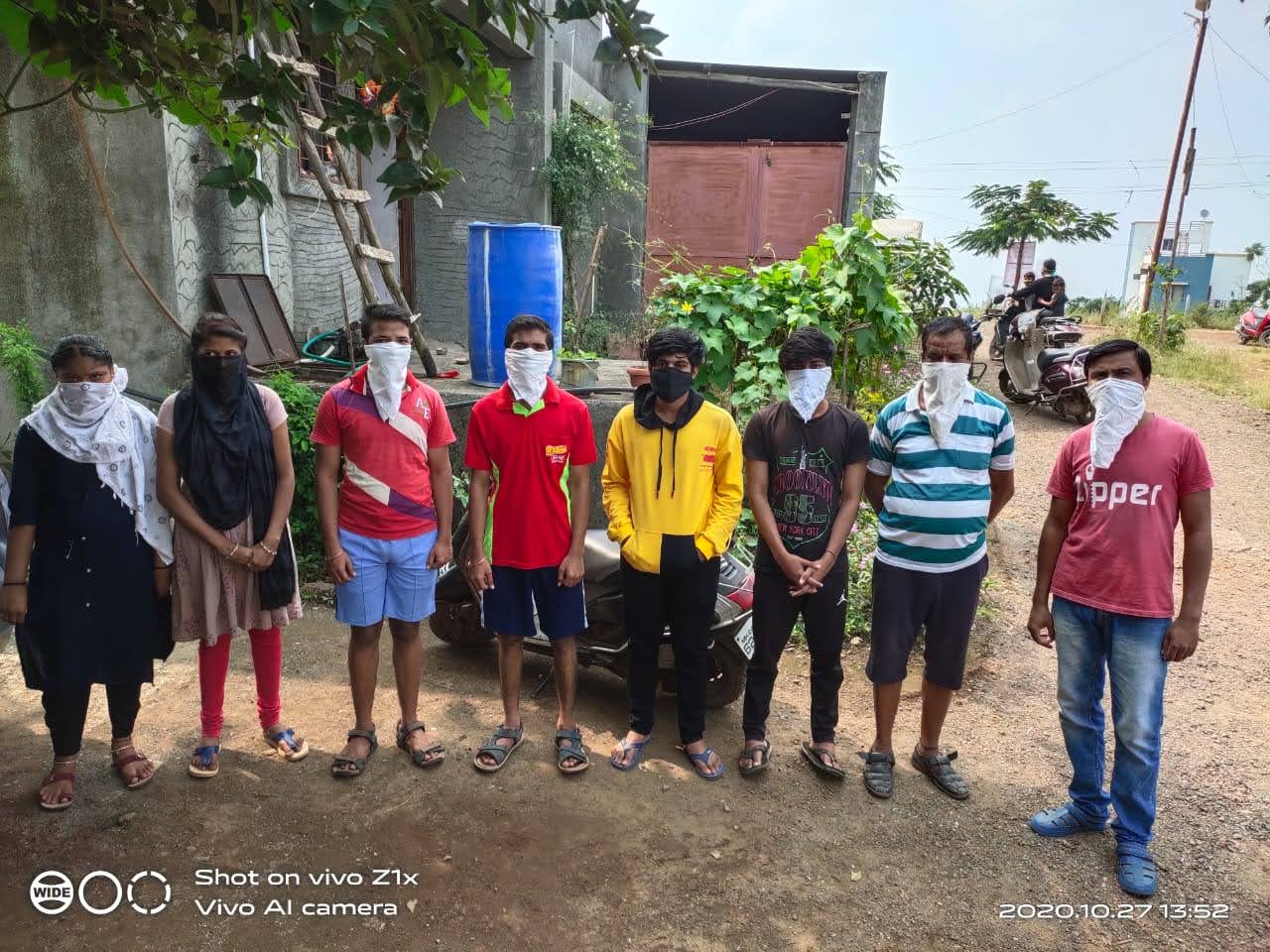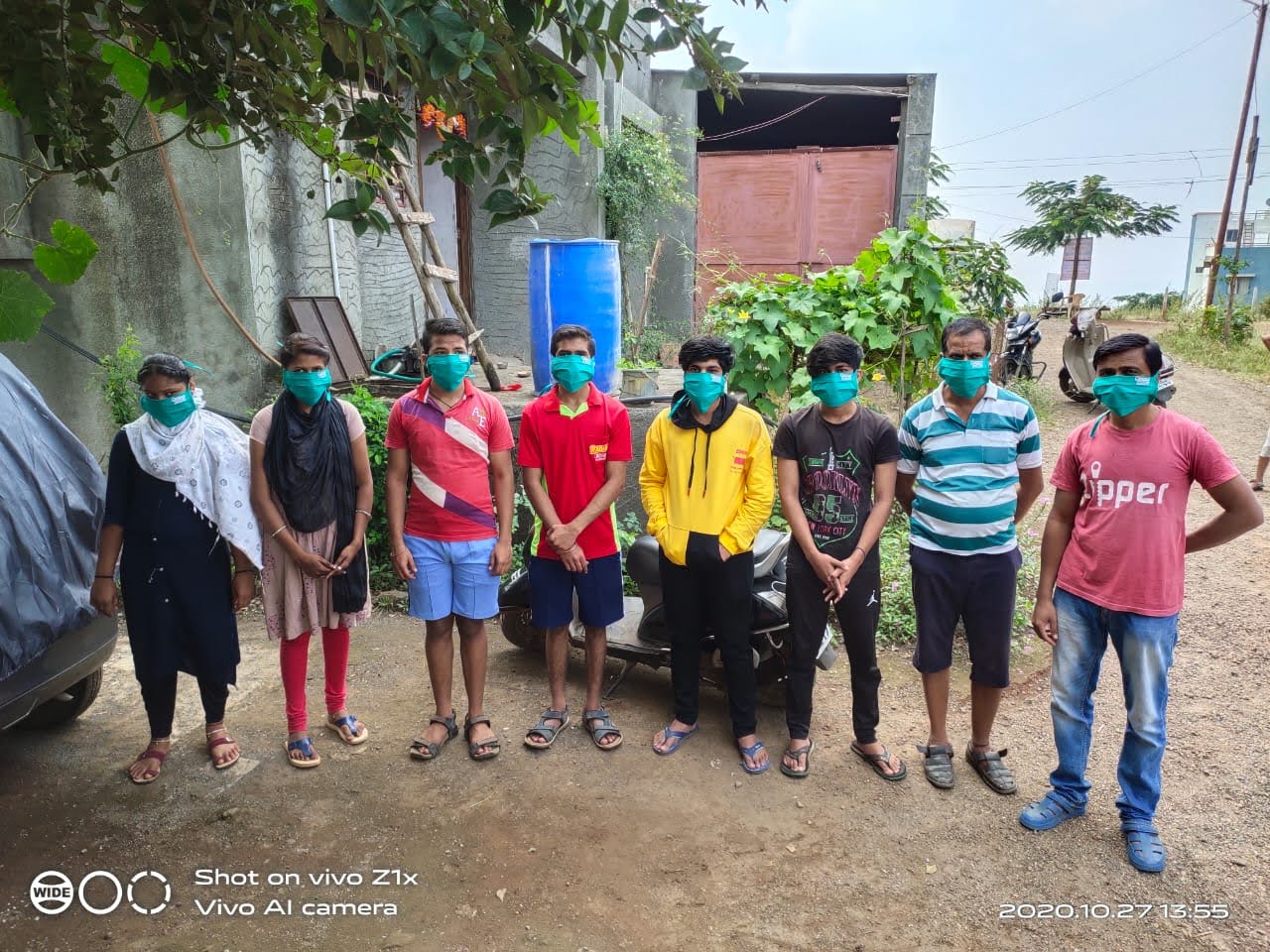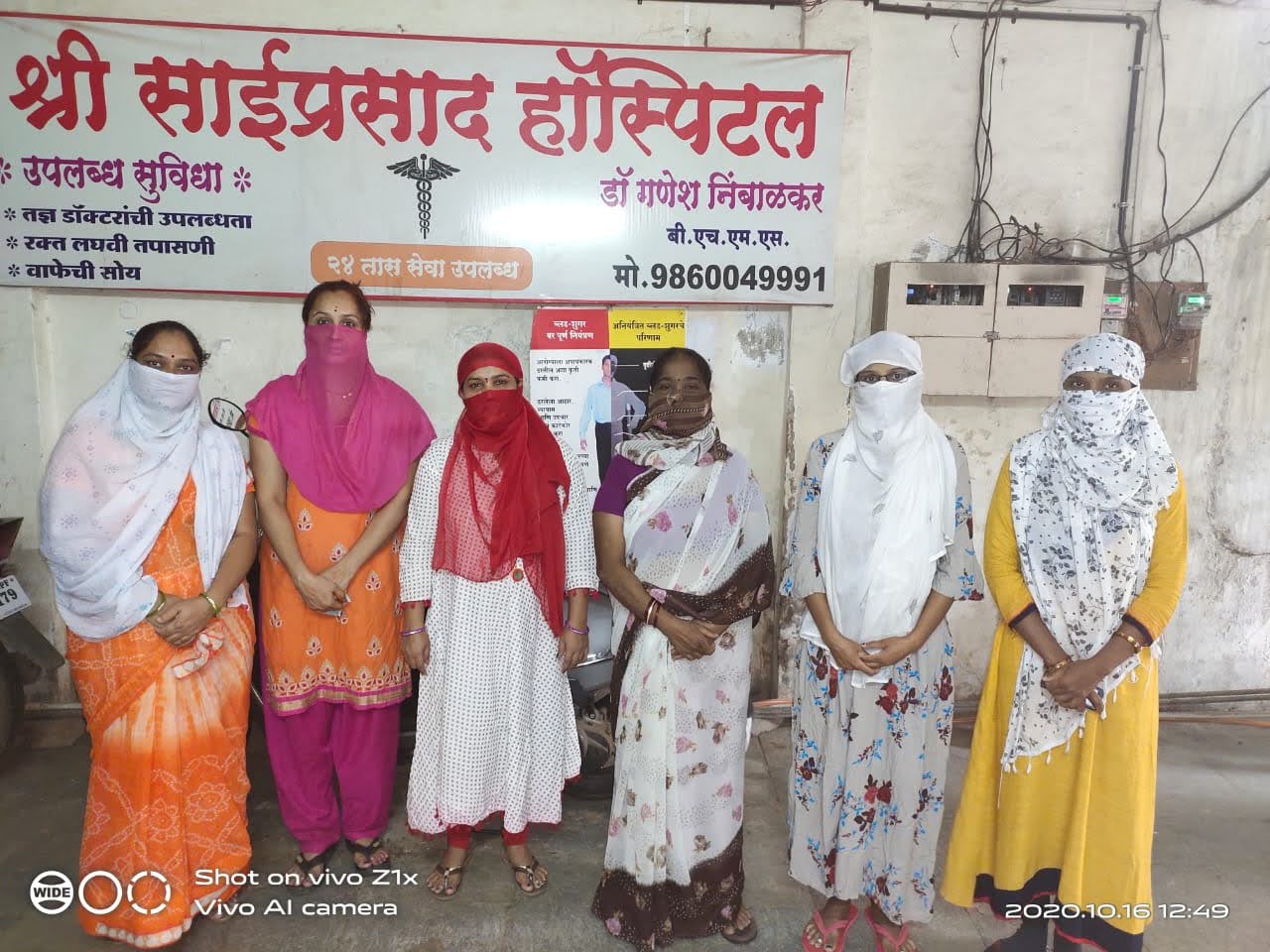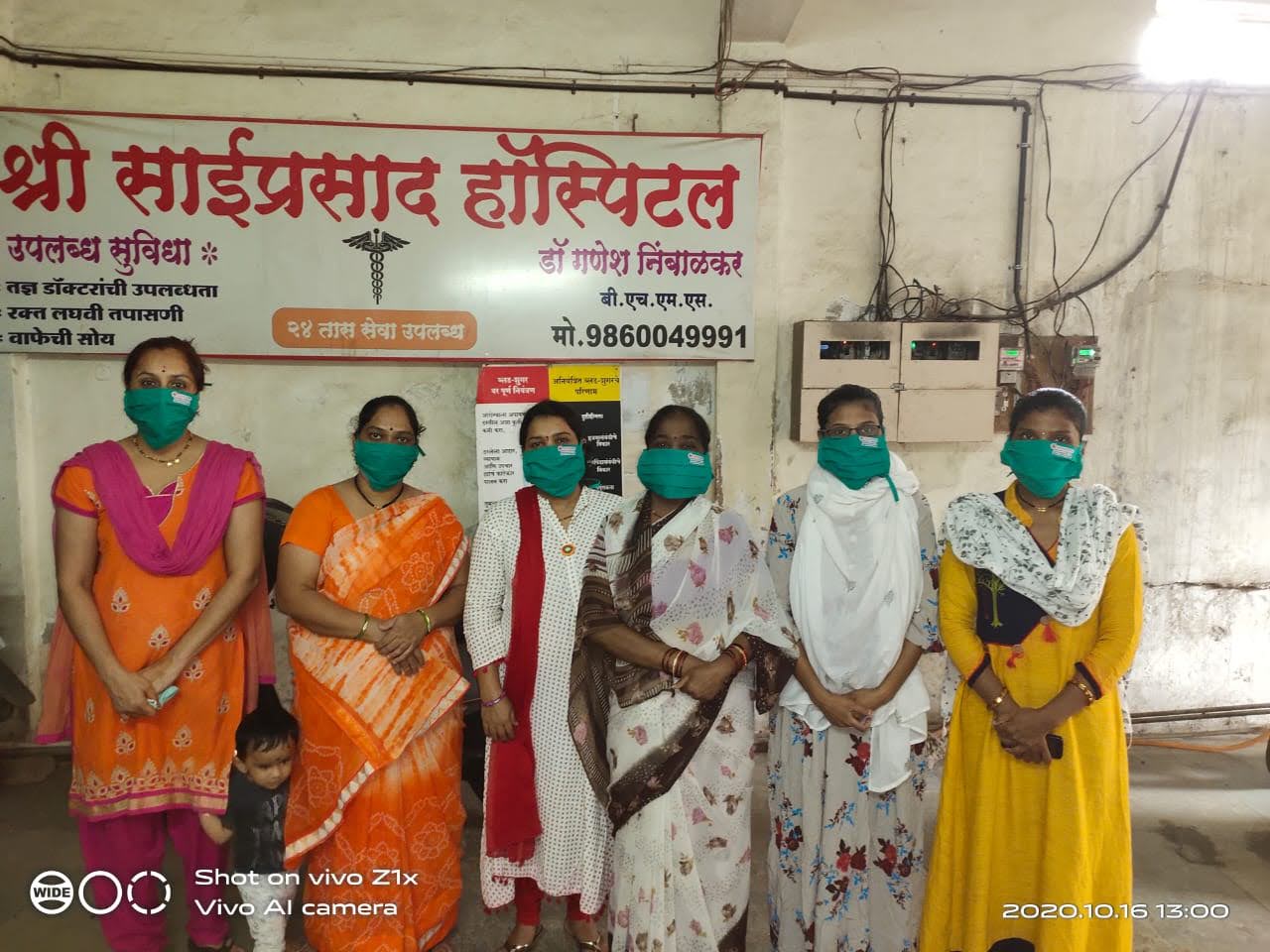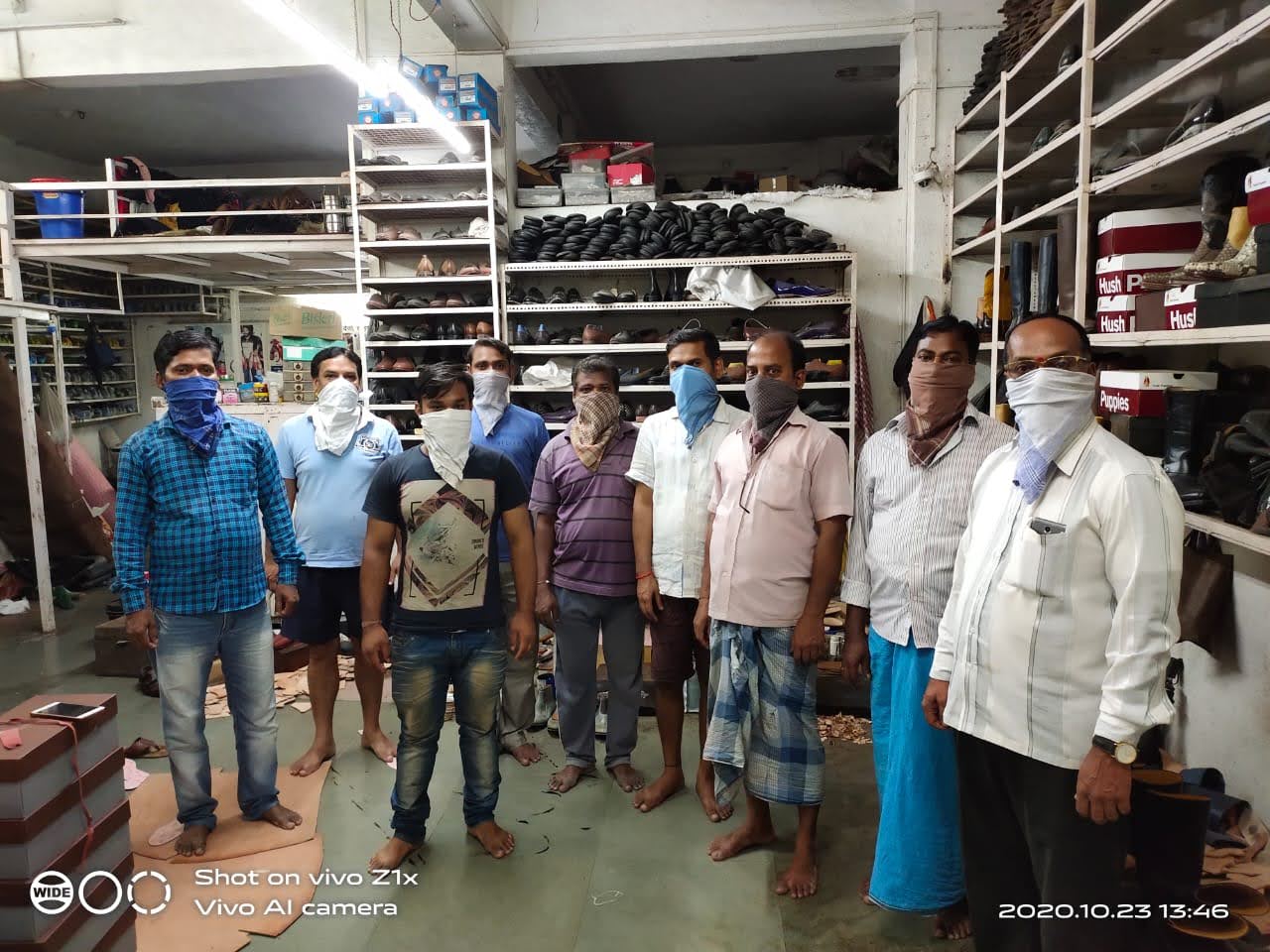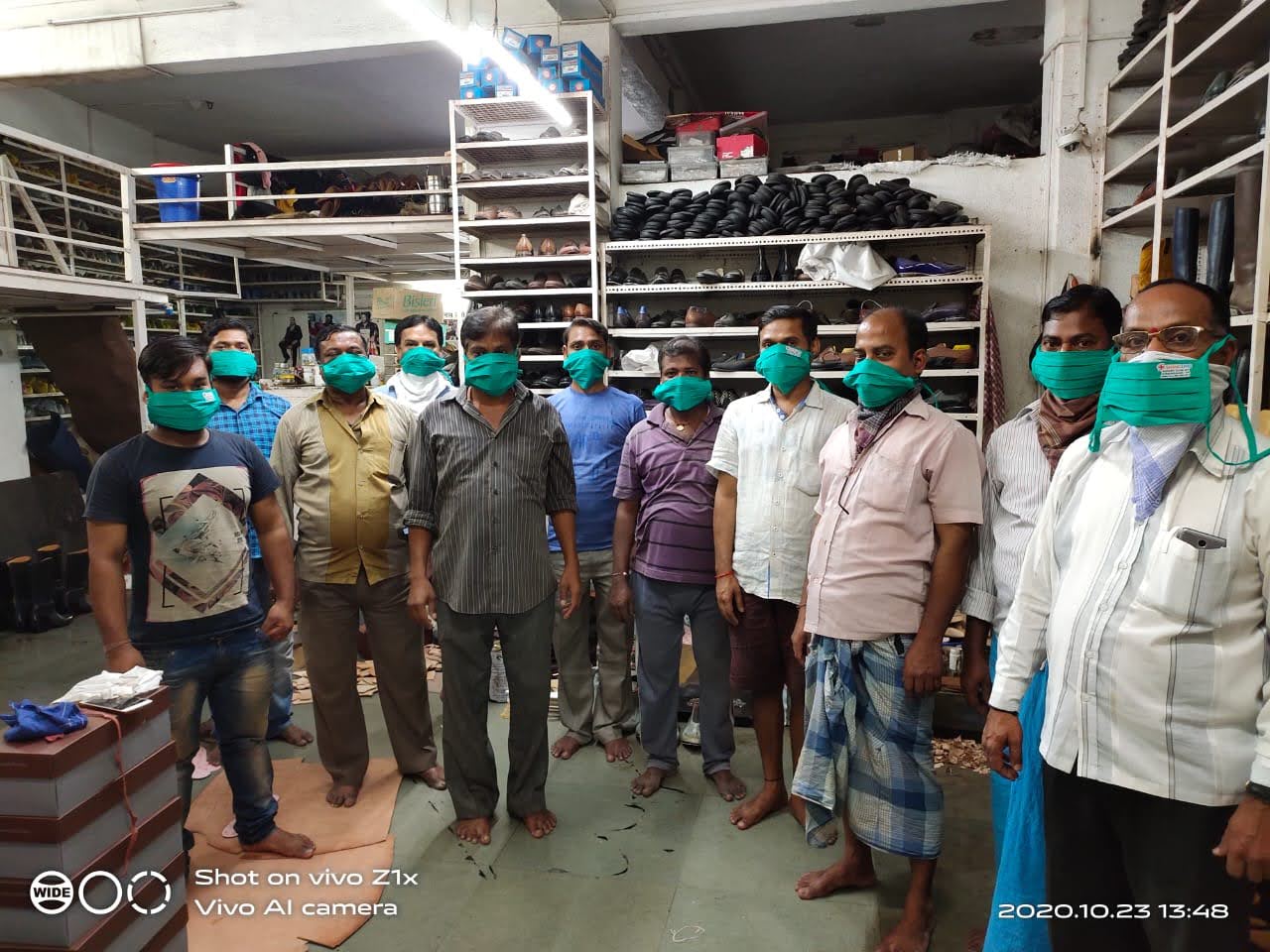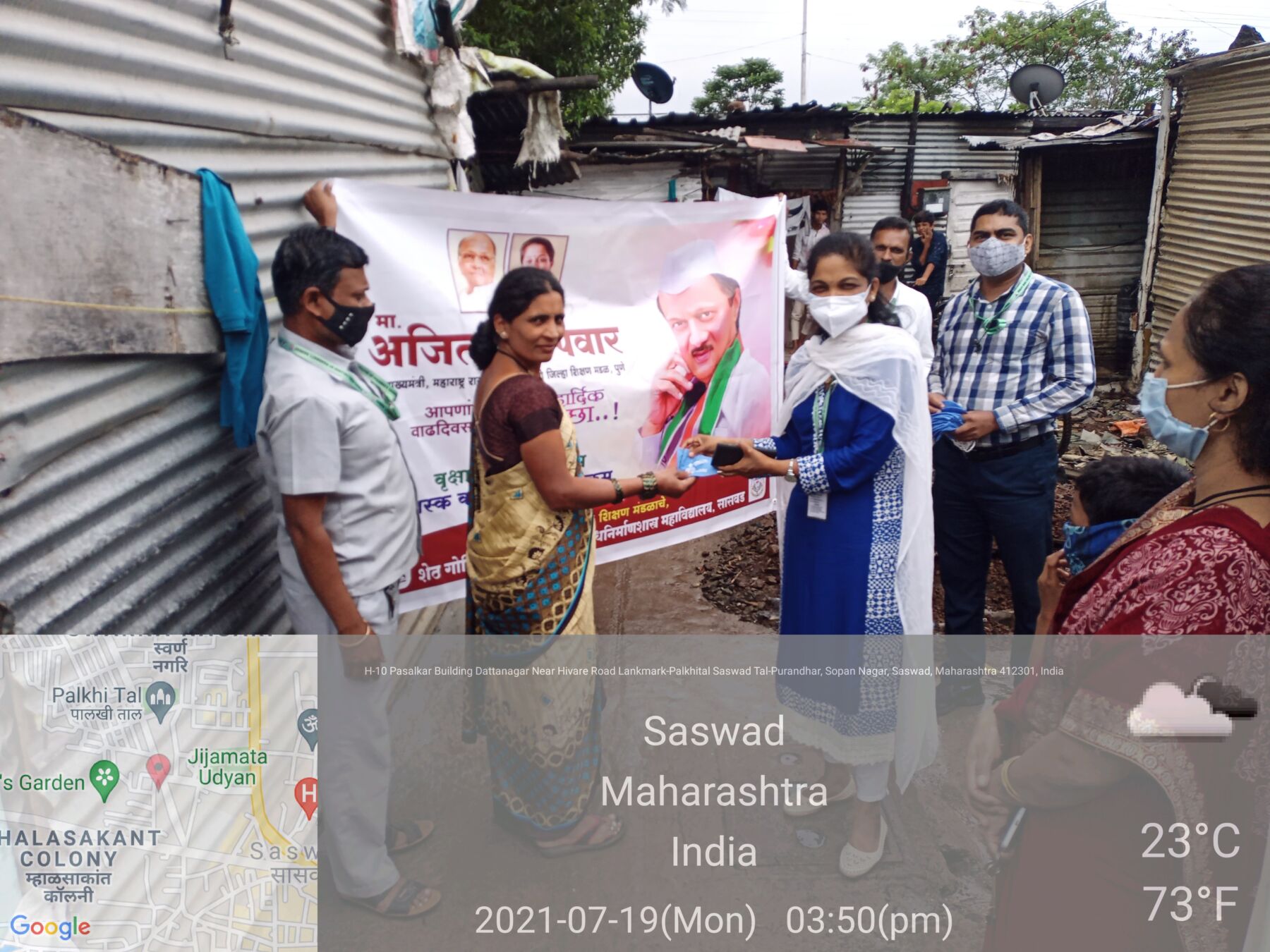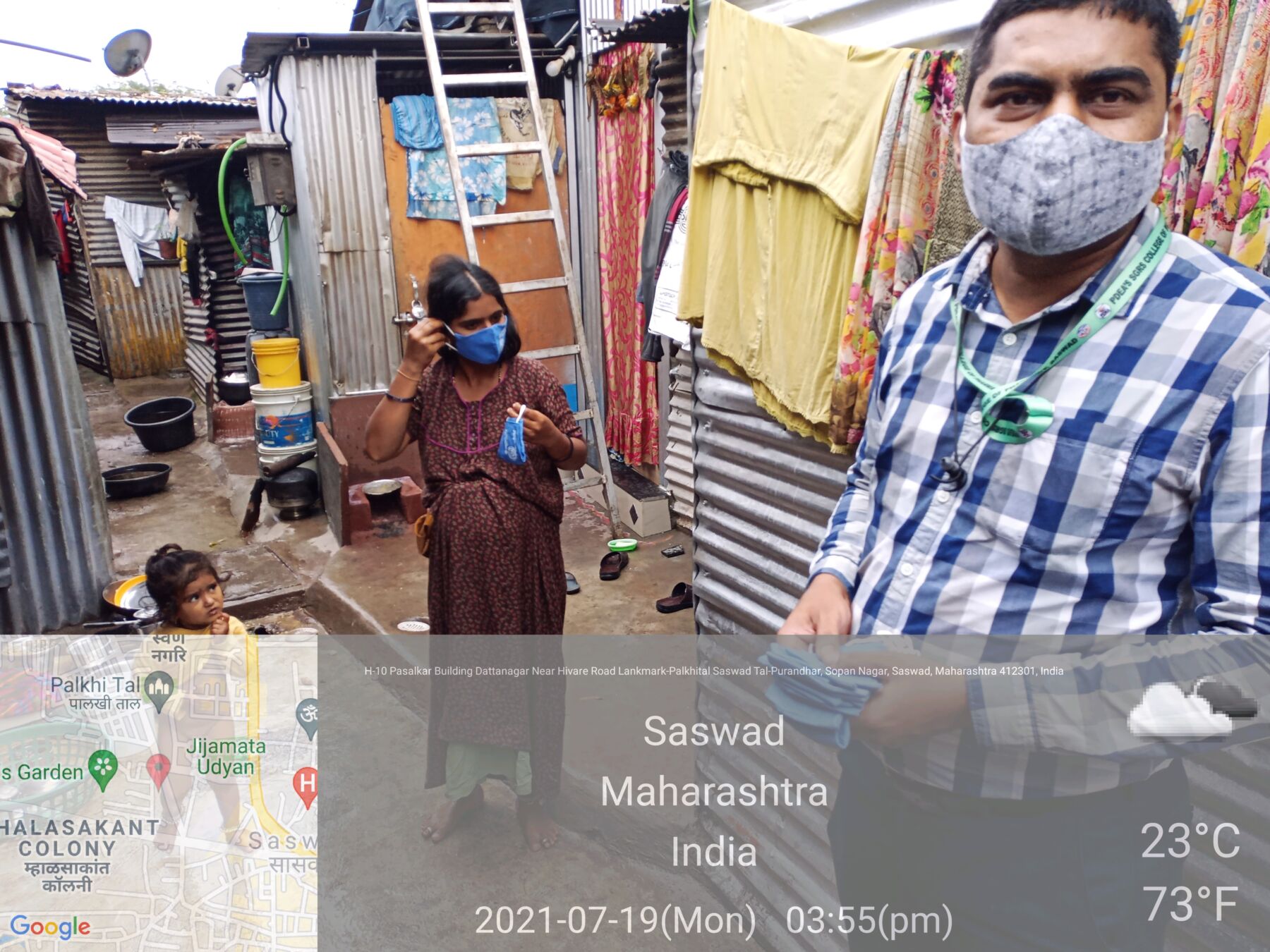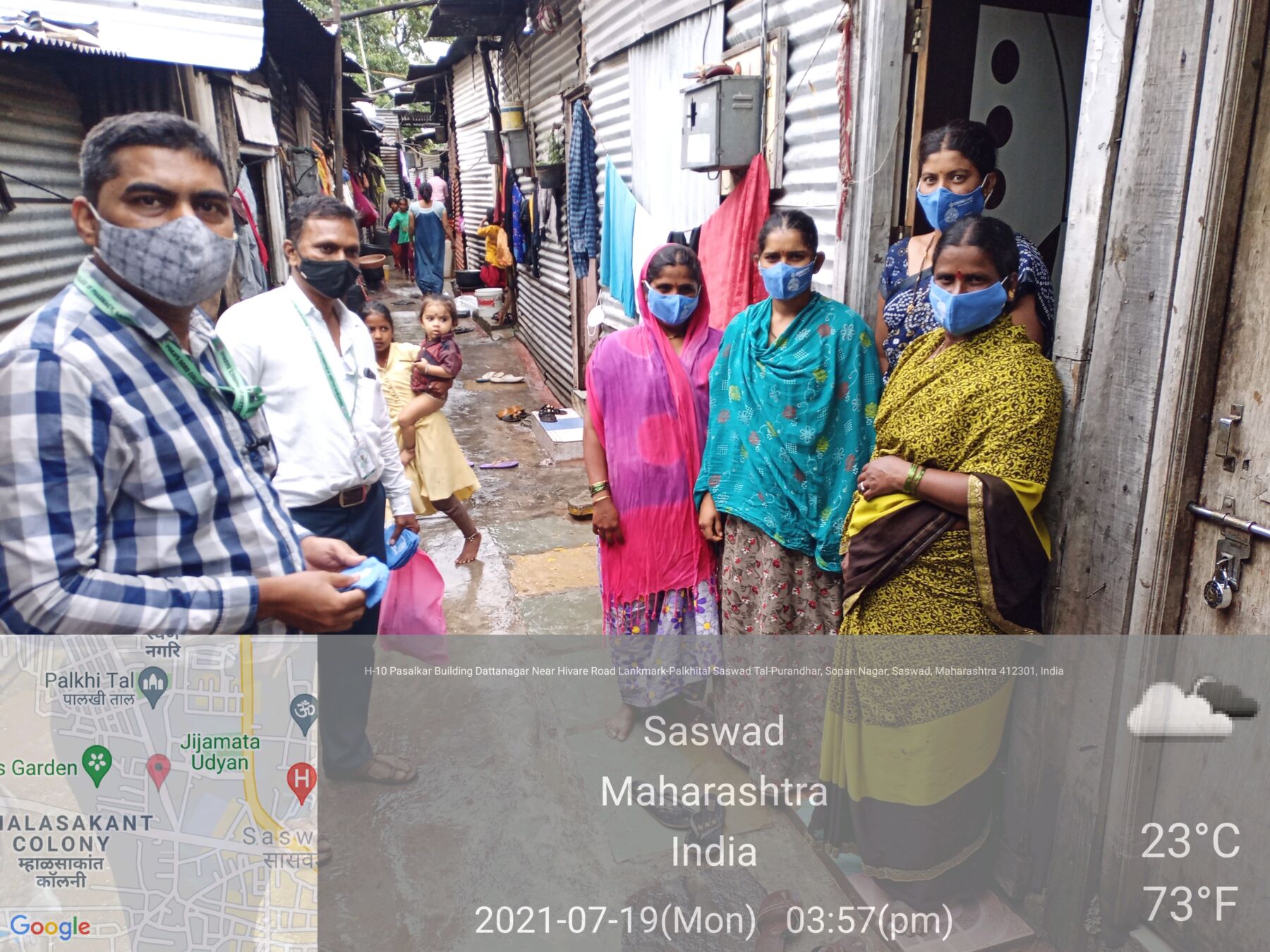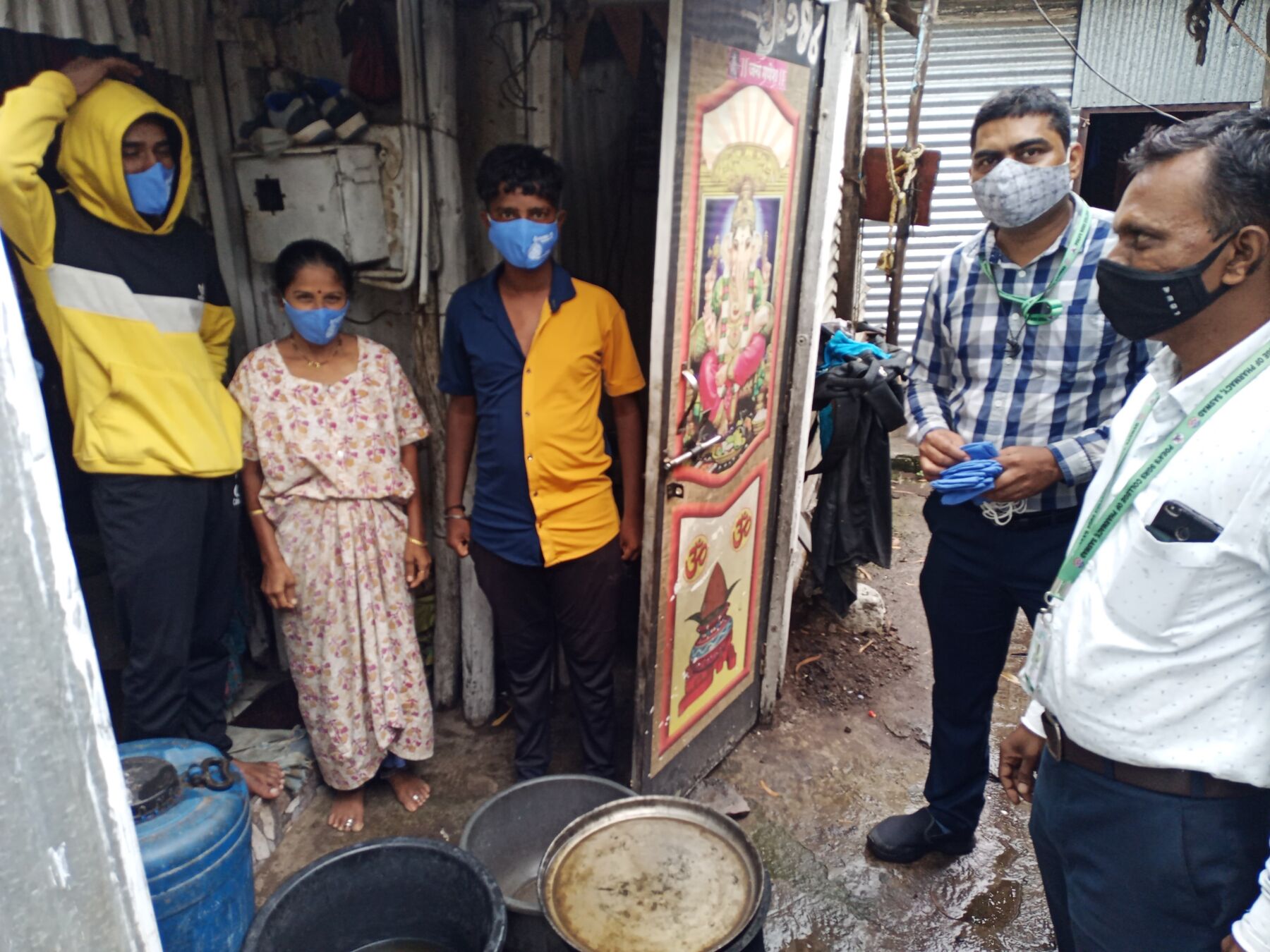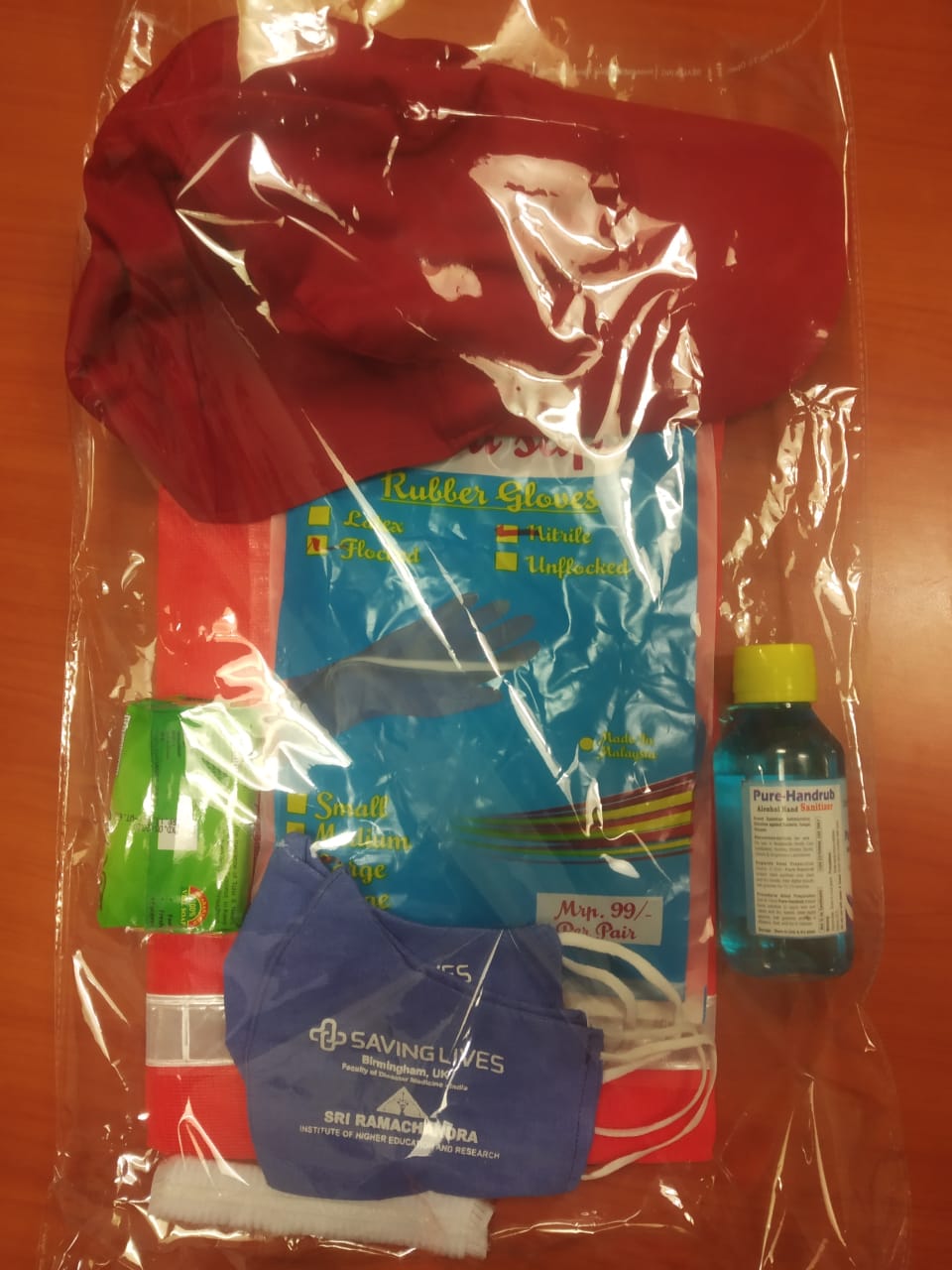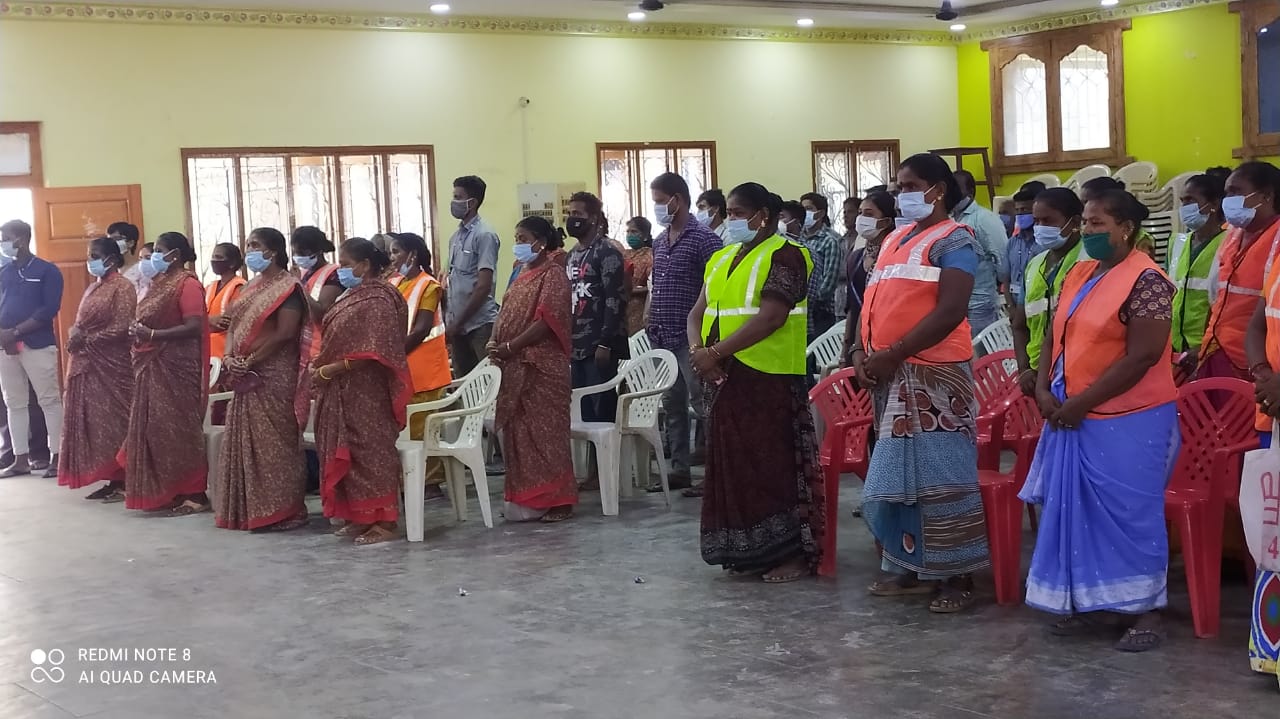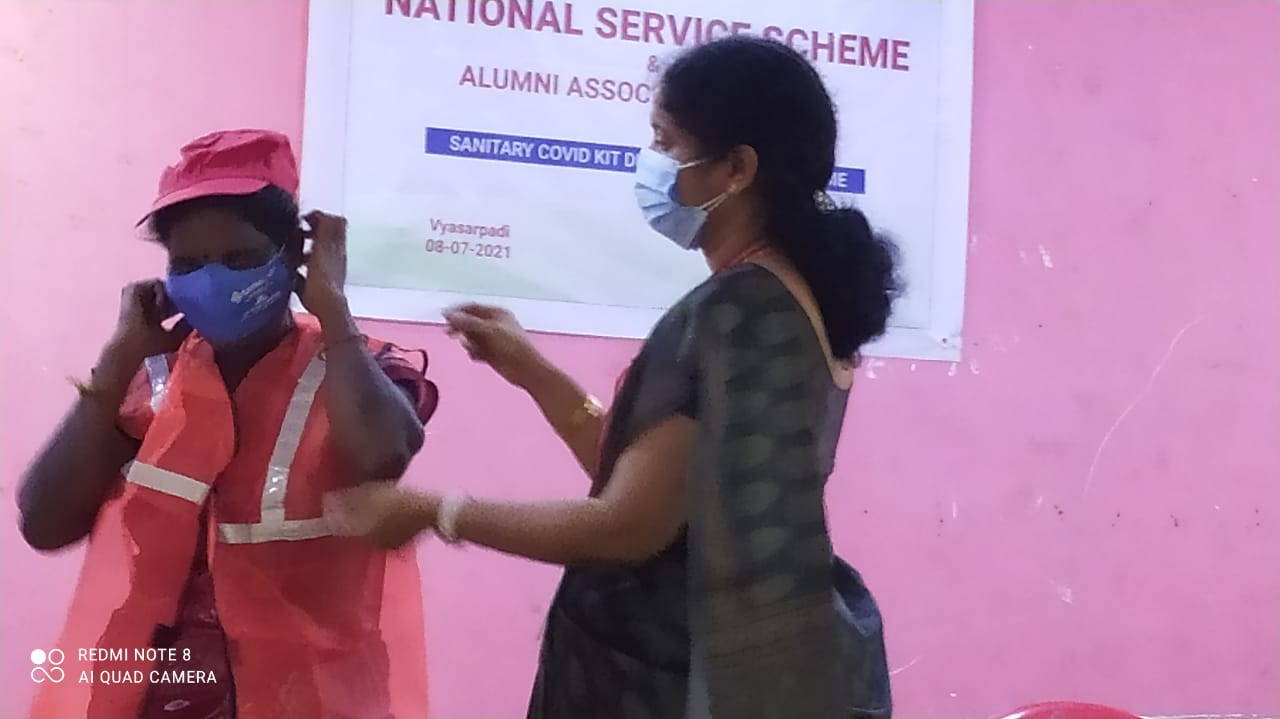September 2020: India had become the world’s epicentre for Covid19 spread. The country had 4.83 million confirmed cases (13 th September 2020) recorded by WHO. Over 7 days period in September, India had reported average 91,000+ new Covid19 confirmed cases – highest in the world. India had overtaken Brazil to take number two position in the world and was predicted to overtake USA in October to become the country with highest number of Covid19 cases.
The State of Maharashtra had been the most affected state with over 1.0 6 million Covid19 cases and the district of Pune has consistently recorded highest number of new cases (between 3200-5000) over several days during this month. FDMIN has close working partnership with key associations and regional hospitals Pune and Chennai.
Independent observers of FDMIN local partners had recorded that the spread in Pune region is primarily due to non-compliance of key community initiatives such as use of facemasks, social distancing and poor hand hygiene to contain the spread of the disease. Community non-compliance of use of facemasks, inadequate education on use of facemasks and social distancing enforcement in the community by the regulatory body were main factors recorded for the reasons for spread of Covid19. The Clinical Leaders group has also recorded several other factors as contributing factors for the spread of this disease.
In addition to Pune, many Southern states were also reporting significant increase in number of Covid19 in their communities. Some media reports and empirical observations suggested that the increase in the cases was in poor and low- income communities who had crowded accommodations and did not have or use proper masks.
A dedicated project to distribute cloth facemasks to these groups and Pune and Chennai were chosen for education and training for use of masks, improving community and personal hygiene and carry out a review of population density and living conditions of the selected community.
Core objective: Promoting use of facemasks, educating public of use of facemasks and hygiene to contain Covid19 spread.
Aims:
- To understand reasons for non-compliance for use of facemasks, improve uptake and use of facemasks by providing free facemasks.
- Improve personal and community hygiene for containing pandemics and identify other factors which may have direct or indirect impact of spread of Covid 19 in this community.
- Identify effective risk reduction measures and resilience building in selected community living areas.
Project Partners
Pune Doctors Association, Royal Hospital, Saswad Pharmacy College, Kharadi Pharmacy College, Pune IMA & Sri Ramachandra Institute of Higher Education and Research.
Project Leads
Dr Peter Patel (UK), Dr Nilesh Jagtap, Dr Rajendra Jagtap, Dr Rajan Sancheti, Mr Sunil Kelgane & Prof T V Ramakrishnan.
September and November 2020 – Pune: First Facemask distribution programme pilot
1500 masks distributed covering Ganesh Visarjan Festival of September 2020. The programme was extended in the following months to improve use of masks in poor and low-income communities living in crowded inner-city high-risk areas.
April – July 2021 Pune & Chennai: Second Facemask distribution programme
6000 masks distributed. This programme was delivered at the time of the Second SARS-Cov-2 wave when there were significant challenges in India facing huge surge in number of infected population and resource shortages. The programme covered a large sector of Pune city and district to include poor slum communities and low-income working communities. Chennai programme was managed by ASHA workers of the region supported by the Public Health Department of Sri Ramachandra Institute of Higher Education and Research.
Promoting mask use in low-income community at work.
Community, healthcare and small units workers facemasks –
Left self-made masks, right Saving Lives donated cloth masks.

